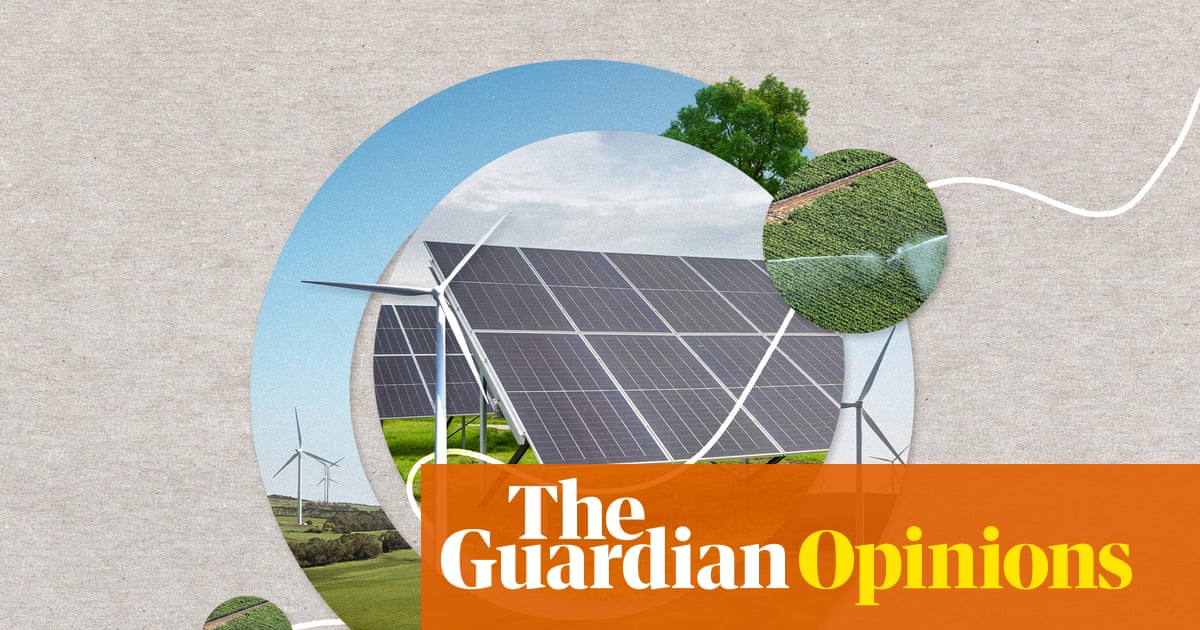What is your one big idea?
One really big idea is to take the steps necessary to see Australia become a renewable energy superpower by exporting green energy-intensive products such as green iron, green aluminium, green transport fuels and green fertilisers. Australia is blessed with some of the best solar and wind resources with world-best availability factors, and comparatively little of this is needed domestically.
These significant resources can be used to make energy-intensive exports. The key point to understand is that in the fossil fuel world it is low cost to transport, for example, our iron ore, coking coal, gas and thermal coal to north-east Asia where they are used to make iron and steel.
In the net zero world, however, it is extremely expensive to export the renewable energy and the hydrogen to replace coking coal, which are needed to make green iron. So green iron should be made where the renewable resources are and where the hydrogen is made – in Australia. The change in transport costs flips the economics so that it is logical that more value adding occurs in Australia.
What are the benefits?
The benefits for Australia and the world are enormous. Significant investment is required, many skilled workers are needed, and our productivity will be boosted as the technology and learning-by-doing sees continuing improvement in making these products.
The world benefits as well because if we realise our green energy-intensive export potential, Australia can produce products that will reduce world emissions by up to 10%. Countries that do not have the renewable resources to decarbonise themselves will rely on Australia playing its role, just as we have by being the world’s largest exporter of coal and gas combined.
Sign up: AU Breaking News email
What are the downsides?
The only downside is that we do not know how quickly countries will meet their international commitments and decarbonise. The faster they do, the larger the opportunity for Australia.
How practical is it?
Australia as an energy-intensive green export superpower is extremely practical. Indeed, its time has come. Continually talking about the superpower opportunity without projects emerging encourages scepticism and sees other countries gain an advantage over us that they should not have. Other countries are starting projects and gaining the learning-by-doing lessons we should be benefiting from.
What is needed is for the government to support early projects with 15% to 30% innovation capital grants and to provide initial support to make up for the lack of a world carbon price. If you believe in the climate science that fossil fuel use damages our environment, it is ridiculous that products that do not damage the environment are competing with those that do without the latter paying for the damage they cause.
While not a necessary component of this big idea, this could all be paid for, with considerable money left over, if Australia introduced a carbon price. This would see Australia decarbonise in an easier and much less costly way than we are now.
How politically risky is it?
There are minimal political risks apart from where the government obtains the small amount of money to fund this. The funding is small as only the first few projects will qualify for the innovation grants, and Australia’s green energy intensive exports, once we have made a start, can respond to overseas carbon pricing, as will soon apply in Europe with the introduction of its Carbon Border Adjustment Mechanism, and as is emerging in other countries directly or via increasing green product mandates which have the same effect.
Whereas decarbonising Australia involves some politically difficult decisions, what is not to like about Australia value adding more in Australia, with new jobs outside our cities, and a continuing boost to productivity and prosperity?
The only downside is talking about it but not taking the steps to bring it about.
Rod Sims is the chair of the Superpower Institute. He is an expert advisor to the Treasury’s competition taskforce and to the UK’s Competition and Markets Authority on digital issues. From 2011 to 2022 he was chair of the Australian Competition and Consumer Commission
